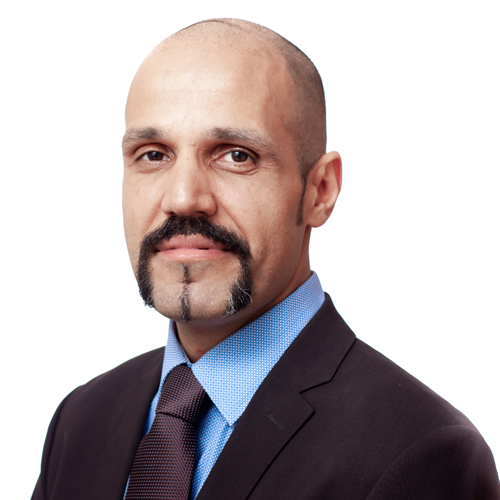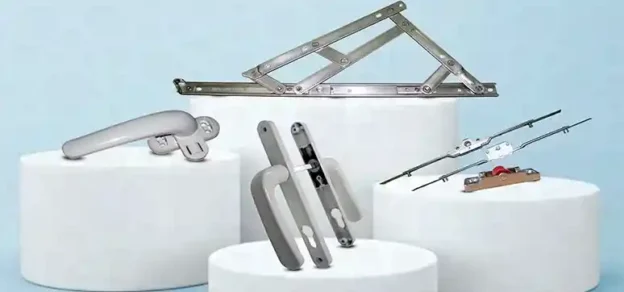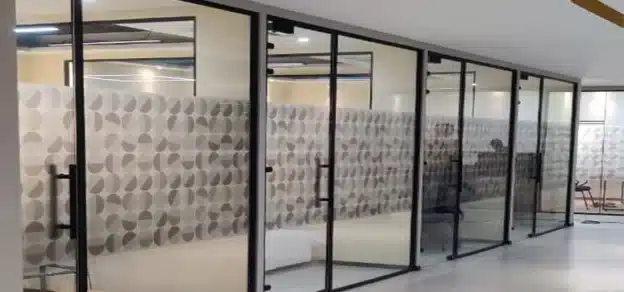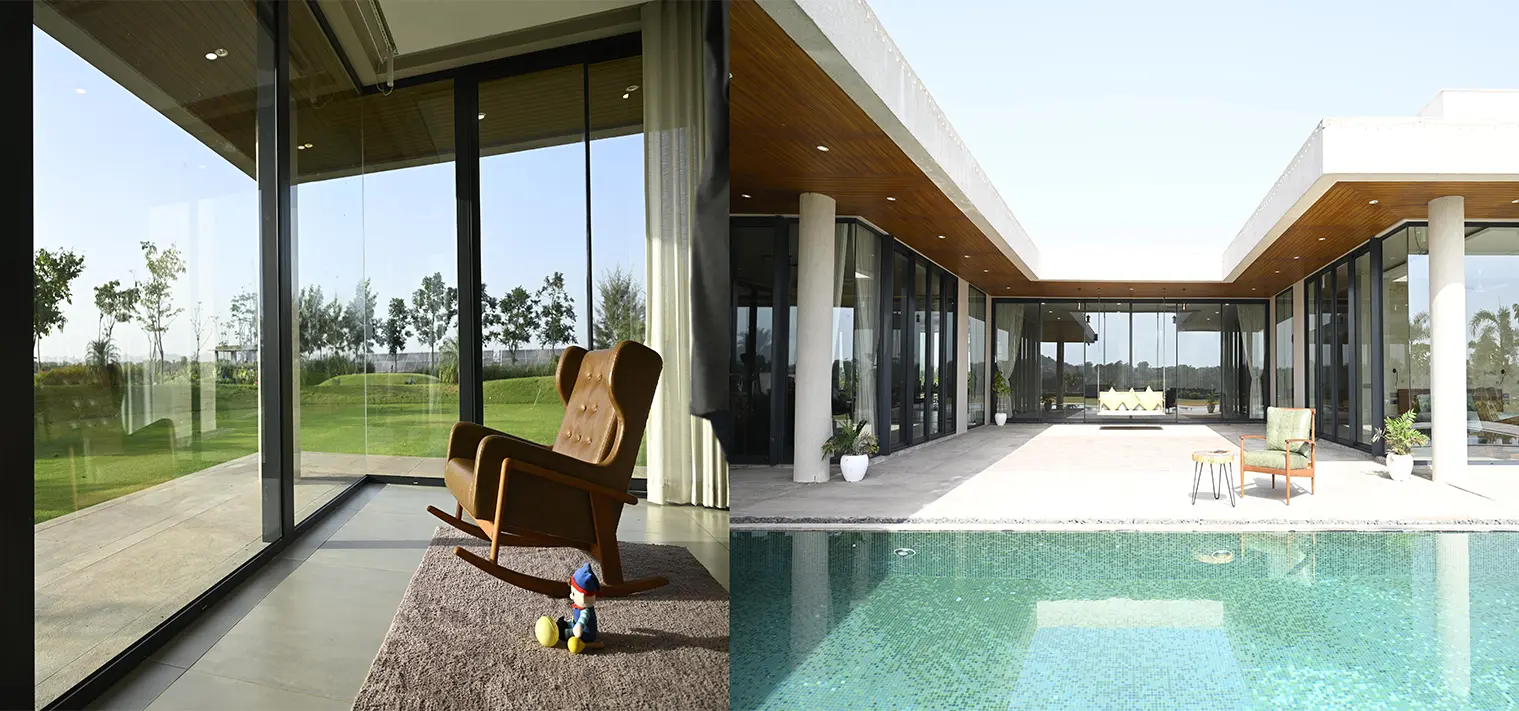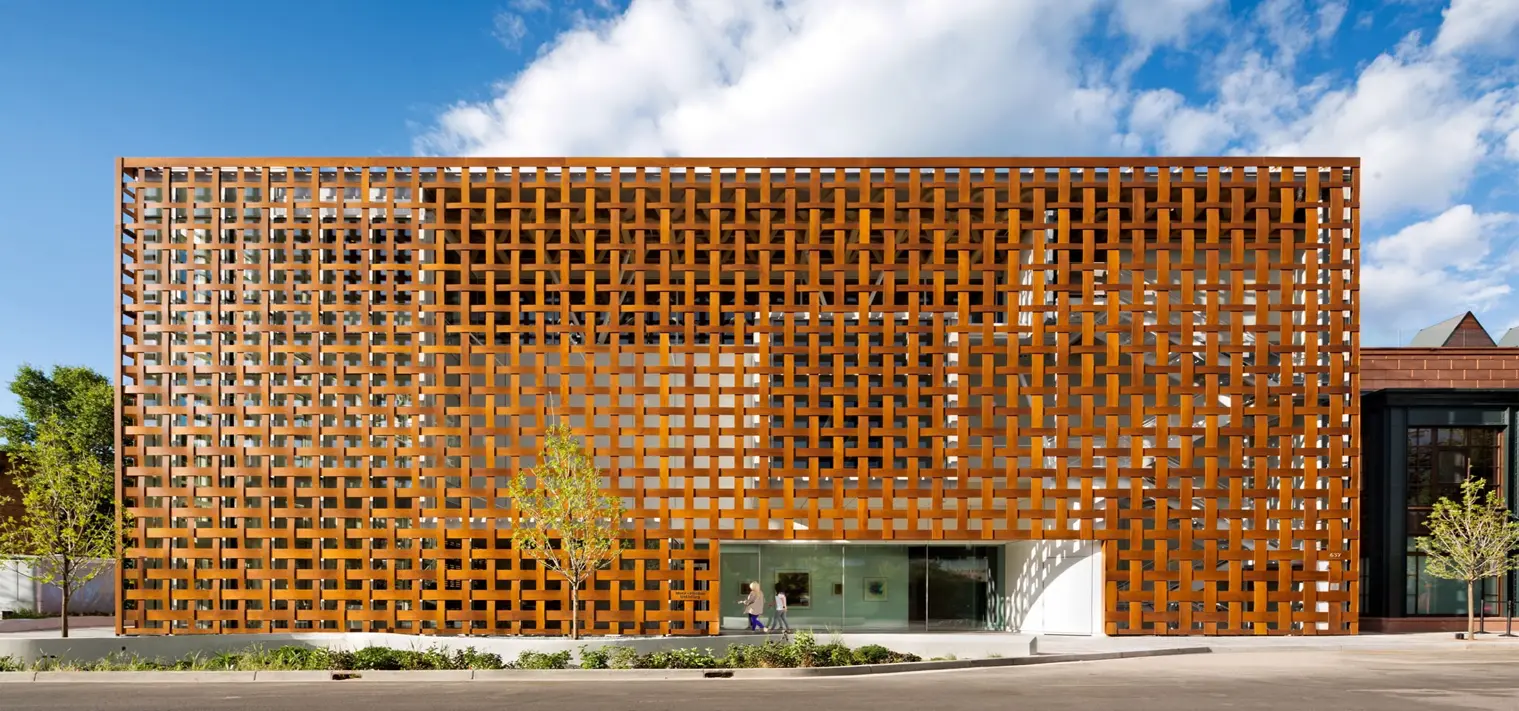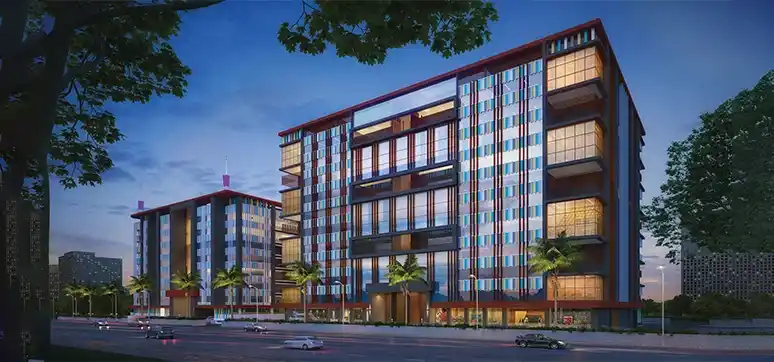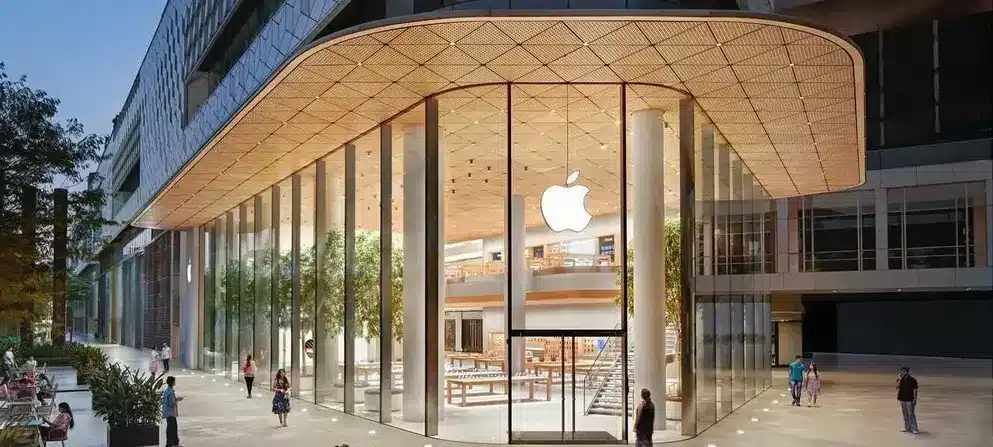An interesting interview featuring Ahmet Astal from Yale Middle East briefing about the company, it’s products in the market & so on. Read the excerpts below:
Please brief our readers about the journey of Yale in the Middle East?
Yale is an ASSA ABLOY Group brand which represents the residential application side of the group worldwide. Yale started its journey in the Middle East with Lebanon in 1940, and today is present all across the Middle East countries through some of the region’s top distributors, and resellers.
Could you please tell us about some of your clients or the projects in which your products have been used?
As a brand operating in the region, we have partnered with some of the biggest companies including telecom providers like Etisalat, and retail stores like ACE Hardware in UAE, and SACO in Saudi Arabia. We also continue to expand our reach with top brands in the e-commerce space like Amazon and Noon. In the B2B space, we cater to direct requirements of companies like Saudi Aramco.
Catering to the demands of the changing times, we have integrated with service providers like Operto, who use our products while deploying their application to their short-term rental business clients. The Yale Access app and Operto together facilitate property management by allowing owners and property managers to control their door remotely, from anywhere. They can see who’s coming and when, grant virtual guest keys, and check whether the door is open or closed. They can grant keyless entry for their guests who will love the flexibility of self-check-in.
What are the advantages Yale has over its competitors?

Yale is the global leader in home security, and is a brand built on trust. We have a long history dating back 180 years of product innovation, and have been the leaders in the industry securing people’s homes and their loved ones.
Whilst the world has seen a seismic shift in both technology and the way we live our lives, customers’ connection to their homes and the need to feel secure has never been stronger and they continue to look to brands they trust to inspire this. Yale has been earning that trust for generations and continues to do so by giving customers the peace of mind in the quality of its products and by developing new products that enhance their daily lives.
For years, customers have placed their trust in our mechanical locks and more recently our digital door locks have opened up a new world of access and freedom. Our latest innovations including Linus® smart door lock, smart cabinet lock and delivery box, and integrations with trusted consumer brands like Philips Hue, give more convenience and control to everyday life.
Trust has always been a key brand value for Yale and today, more than ever, our ambition is to enable customers to feel secure in their homes and have the freedom to live their daily lives. Secondly, I would like to say that Yale Middle East has a very wide range of products that caters to markets’ needs – needs that differ from country to country. We constantly work towards finding what our consumers need and offering them the best solutions. One of our core values is innovation – we’re constantly innovating to serve the consumer better. This is done through constant research and development.
How is the access control smart home market in the region and how do you see the future?

The smart lock market globally is growing at a rapid pace and is expected to reach USD 4.43 billion by the end of 2027. We see a similar trend in the Middle East region, with demand growing every year. As the market evolves, the demand for integration and cross platform compatible products will grow. We recently became a part of the connectivity ecosystem – a partnership between Schneider Electric, Somfy, Danfoss and now the ASSA ABLOY group, which we at Yale, are a part of. As the leading residential brand in ASSA ABLOY, this partnership will give us an opportunity to enhance our products and continue to enable safe, secure and convenient access to homes all around the world.
With a combined vision of offering simple, safe and seamless solutions to homes across the globe, the partnership aims to deliver a superior value proposition to homeowners, combining expertise in comprehensive solutions to bring connectivity to the next level in this increasingly digital age. For occupants, property developers and managers, this means that having an even smarter home ecosystem that combines smart access with features like energy saving, heating and blind management has become a reality.
Thanks to interoperability of products, it will be entirely possible for a Yale Smart Lock to work with other solutions and create different scenarios which will simplify lives of consumers, while offering them a seamless experience. As partners in the Connectivity Ecosystem, we are putting our expertise and data at the service of solutions to help consumers feel safer and more comfortable at home. We are also addressing specific touchpoints like door handles, access code panels and door entry systems, which with the newest Yale Smart Locks a completely touch free solution is possible.
The pandemic has affected all the industries and business. How has it’s impact been on your business and how are you coping up with the situation?
Yes, the pandemic has changed our lives and how we live, but the demand for our products is intact and growing. What we see as a change is the realignment of demand from different sales channels. For example, we’ve seen a steadier increase in sales through our e-commerce channels as compared to the retail stores. As the consumers’ preferences have also evolved from in-store shopping to online, we have also quickly adapted to these changing demands and re-aligned our strategy to be able to cater to this growing demand.
What role does automation play in the architectural hardware industry in the Middle East?
Automation plays a big role in the architectural hardware industry as the demand for smart home technology has been increasing. In the last few years, most of the concerns related to smart home technology have been addressed and benefits of this technology have been realized. Like other features that create value in a home, smart home technology can increase interest and demand for a property, and when properly designed and installed, can add real value.

Since much of this technology can be more expensive to install once the property is complete, more contractors are realising the value of including them at the time of construction. A home with professionally installed, complete smart home features will likely have a higher perceived value than one with a series of DIY installed, individual features. Not only this, but in terms of security, preventive surveillance is also growing in demand as it is targeted at early risk detection which can recognize new threats and be monitored in real time.
What are the major opportunities for your business in the Middle East?
We are very well established in the Middle East region, we have been here for more than 8 decades and we have only seen an increase in demand ever since. At present, the region and the demand for both smart and mechanical products is growing. We have a lot of new projects coming up – with the biggest contractors in KSA and UAE, specially those who are taking the lead to implement smart cities – Yale will be contributing to such projects.
What are your goals and plans for the next 4-5 years?
As a brand, we plan to continue to evolve, catering to the ever-changing demands of our consumers, and as Yale Middle East we plan to introduce more new products and grow our customer base in the region.
Anything else you would like to add?
Yale is producing the best when it comes to product durability. Additionally, integration is a very important part of our smart products as it allows our consumers to access our smart devices through other smart home applications. The integrations for the group are lead and managed by the headquarters who work closely with some of the biggest names in the industry. We are trying to make our consumers’ lives simpler by engaging with other partners to make our devices accessible through other applications.

